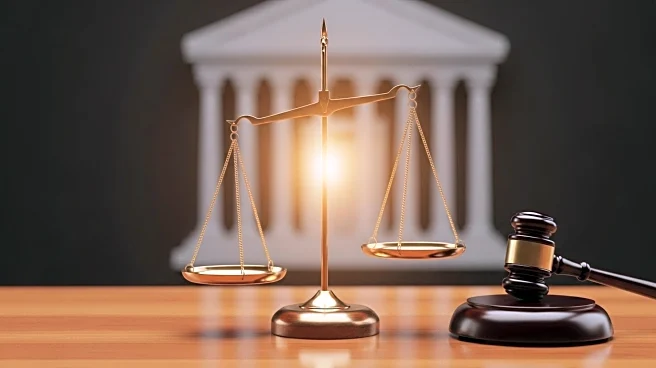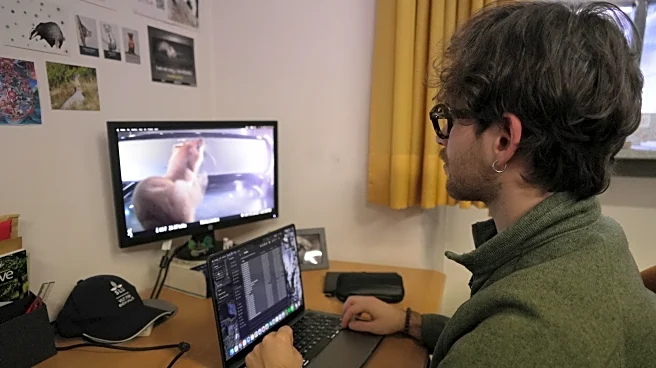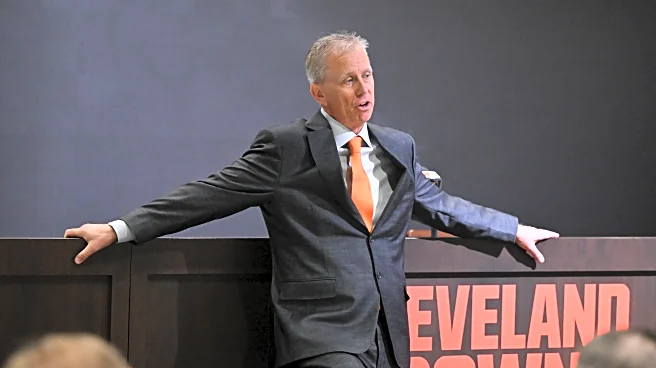What's Happening?
The U.S. Supreme Court is reviewing Colorado's 2019 law banning conversion therapy for minors, which aims to prevent efforts to change a minor's sexual orientation or gender identity through talk therapy. The law prohibits licensed therapists from attempting to alter behaviors or gender expressions but allows supportive counseling. The case, brought by Christian therapist Kaley Chiles, challenges the law on free speech grounds, arguing it restricts open dialogue with clients. The court's conservative members expressed concerns about the law's implications for professional speech, while Justice Ketanji Brown Jackson supported the state's regulation.
Why It's Important?
This case is significant as it addresses the intersection of free speech and professional conduct in therapy, with potential implications for similar laws across the U.S. The outcome could affect how states regulate therapy practices and protect LGBTQ minors from potentially harmful treatments. The decision may also influence the rights of parents seeking mental health care for their children and the broader societal acceptance of LGBTQ individuals. The court's ruling could set a precedent for balancing free speech rights with state regulations aimed at safeguarding vulnerable populations.
What's Next?
The Supreme Court's decision, expected by June 2026, could either uphold Colorado's law or require further examination of its impact on free speech. If the court finds the law infringes on First Amendment rights, it may return the case to a lower court for additional review. Alternatively, the court could resolve the case directly, potentially influencing similar legislation in other states. The ruling will likely spark further debate on the role of science and ideology in shaping therapy practices and state regulations.











